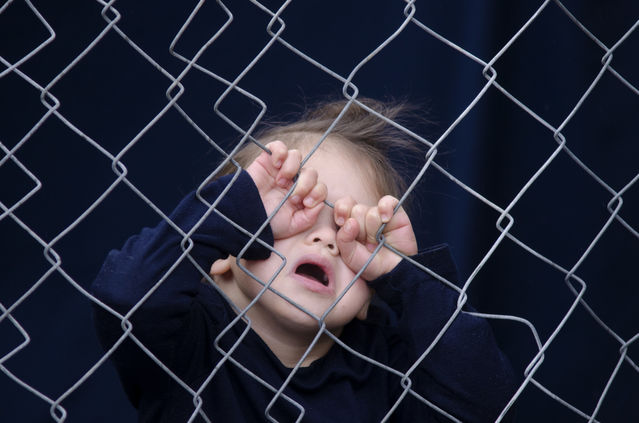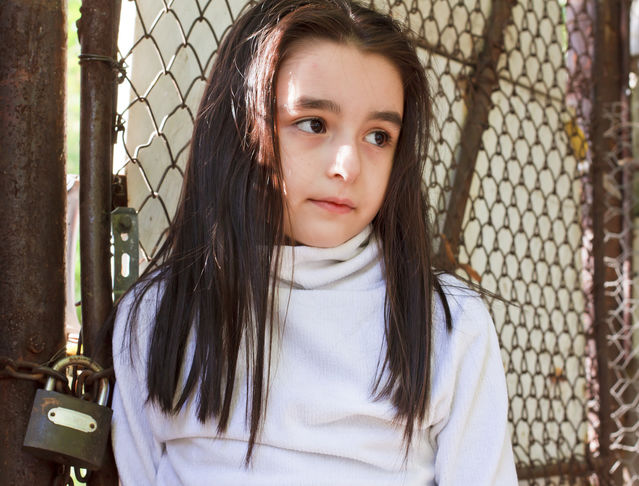What consequences would a parent face if they forced their own child to live in a cage? Their actions would be considered child abuse and neglect, and such conduct is condemned by our institutions!

Child Endangerment refers to an act or omission that renders a child to psychological, emotional, or physical abuse. Child abuse based on the offense of child endangerment is normally a misdemeanor, but endangerment that results in mental illness or serious physical illness or injury is a felony. Is this institutionalized child abuse? Who will pay for this crime?
Taking a child from their parents can be psychological torture for the child. I still remember stories and images from the Holocaust where children were separated from their parents. Many survivors reported that they remained anxious and dysfunctional for the rest of their lives, and untold numbers struggled with lifelong anxiety and depression. I recall how the world repudiated such atrocities.
Separation from a parent or caregiver—or even the idea of a separation—exposes young children to stress and trauma. Children who have been separated from their parents are found to experience a range of behavioral and emotional problems, including a lack of appetite, disrupted sleep, anxiety, withdrawal, and clinginess, and they are particularly vulnerable to the negative effects of heightened stress because they are in a critical developmental period.
Researchers have examined the mental health problems connected to forced family separations. They have discovered a myriad of issues that have negatively impacted children and caused or exacerbated mental health problems such as depressive or anxiety disorders. The emotional and social development of these children are affected and they are more likely to experience challenges with behavior, emotional regulation, physical health, and academic outcomes in the future.
Early childhood trauma, such as separation from a parent, more likely affects a child’s health, cognitive skills, and ability to learn. The effects of such childhood trauma can be long-lasting as a child’s capacity to seek better employment during adulthood is also often affected. This negative outcome can lower job prospects and inhibit one’s ability to reach their full potential in school and work, representing a lost opportunity for the economy.
One of the issues that a child separated at the border will have to face is their perception that the world is not a safe place in which to live. In order to develop emotionally healthy, a child needs to know that they can trust and rely on their parents. When a parent is unable to protect their child because someone with a uniform removes the child from their parent’s arms, the world becomes unsafe, chaotic, confusing, and dangerous to the child, even when the child is given the best shelter (which we know is not the case).

The resulting sense of helplessness will likely cause a child to distrust their own parents for being unable to protect them against strangers. The child will also distrust what they perceive to be a confusing and chaotic world. This will lead the child to act accordingly and to distrust others later in life. The long term consequences will vary according to the individual child’s experience and resiliency.
How can the American people justify this? The Nazis never could…


